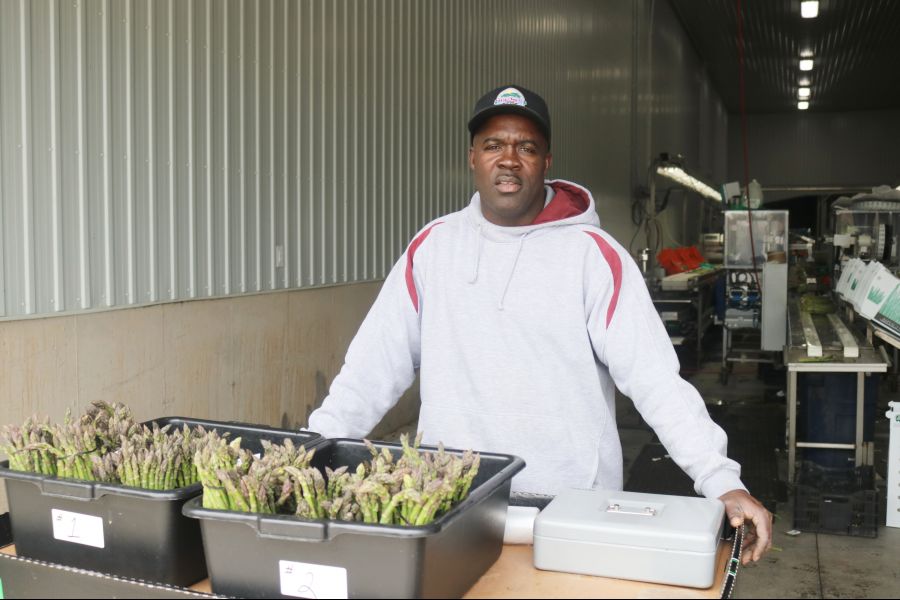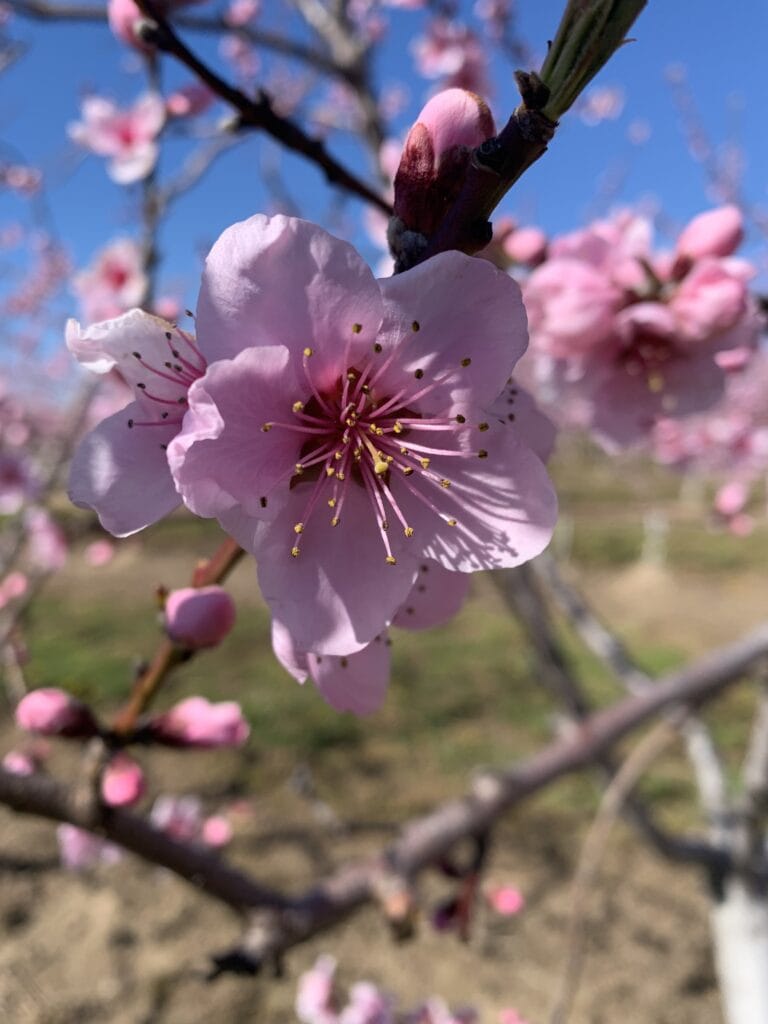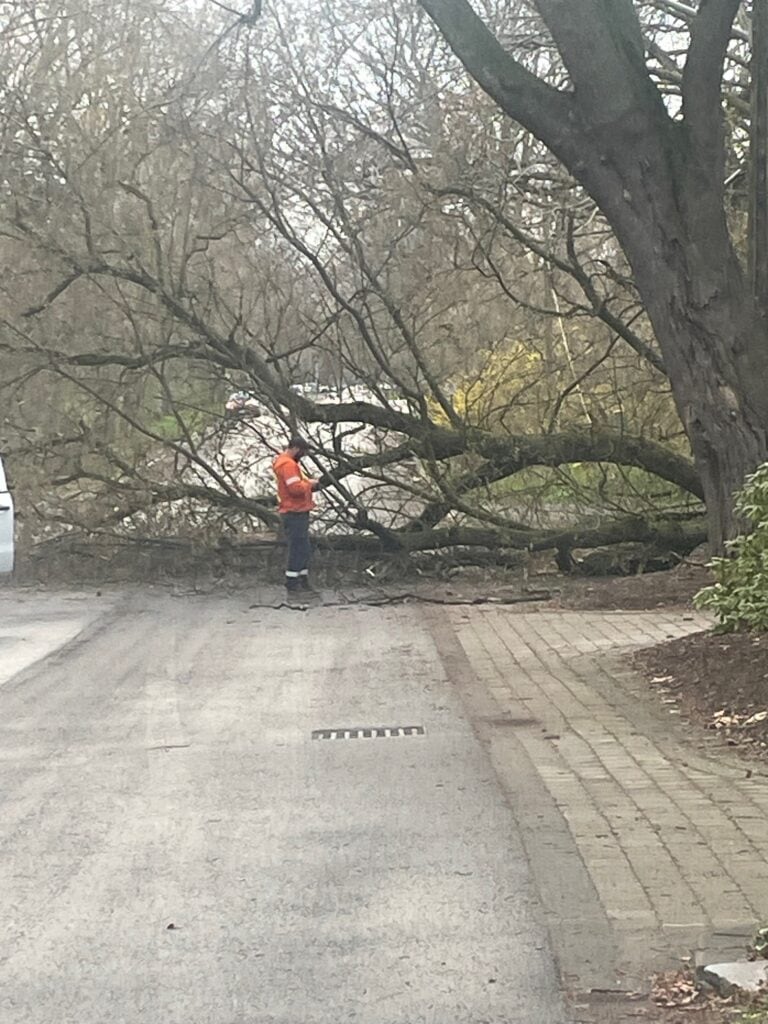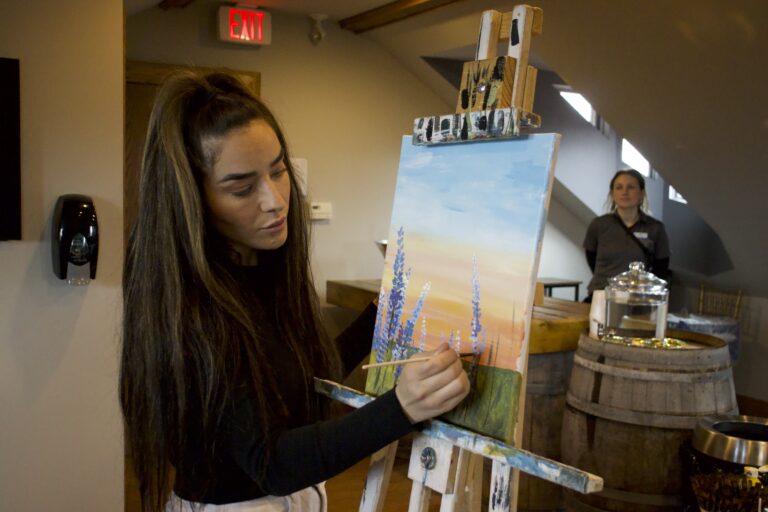The federal government's plan to close the border to non-Canadians will be “a catastrophe” for the Niagara farming community, says NOTL Coun. Erwin Wiens.
Prime Minister Justin Trudeau's announcement that border access will be restricted as of Wednesday means no more seasonal workers will arrive in Canada to work in the agricultural industry.
Wiens is a grape farmer and was expecting his own workers to be here in 10 days.
Furthermore, if migrant workers are allowed in and are forced to self-quarantine for 14 days, farmers simply won't be able to handle that.
“You’re looking at 28,000 people coming into Ontario that have got to come to the farms,” said Wiens in an interview with The Lake Report Monday morning.
“There’s no way we could wait for 14 days. We just couldn’t do it,” he said. “We're desperate. We have a very, very short window to get an awful lot of work done and it’s already spring by the looks of it.”
Niagara Falls MP Tony Baldinelli says he and his staff are trying to get answers from federal Agriculture Minister Marie-Claude Bibeau.
“The agricultural industry is huge for us in Niagara” and farms need workers now, Baldinelli said in an interview Monday.
He expressed concerns about how a hard-hit farming sector could affect Canada's food supply in the months to come.
Wiens said if this pandemic had happened last year it would have been a bit easier to handle.
“If this happened last year, we were delayed, we had a long spring and it was cold. But this year already there’s no frost in the ground, buds are pushing (and) it’s only March 16. We’re going to have an early bud break.”
Typically workers start to arrive from mid-March until the first and second weeks of April.
“By that time everybody is here,” he said.
Now with the border ban, things are going to be “disastrous.”
“Our timetable is very, very short for working. So the guys get here then start righting into pruning for grapes. As soon as they finish pruning they’re tying for peaches or tender fruit. Once they finishing pruning, they’re straight into thinning. Because you can’t put Mother Nature on hold, and those are very, very small windows that they have.”
“Theres no lag time in between,” he said. They finish one job and get to the next job. We’re generally just finishing or just a little behind all the time. We always work with a bitter urgency, because if you add in a few rain dates here and there, it’s a concern.”
“It’s a well-oiled machine, as long as you don’t throw in a pandemic.”
He said there’s a sense of urgency among farmers right now, and he hopes the government will relent when it realizes all these offshore workers are coming in – and needed.
“You probably hear some urgency in my voice. I’m quite concerned because my guys (were supposed to be) coming in 10 days. I would love to have them today if I could get them,” he said.
“I think the biggest worry is getting everybody here right now. And what are we going to do?” he said.
“I’ve got very little information.”
Foreign Agricultural Resource Management Services, known as F.A.R.M.S., is a non-profit that was incorporated in 1987 to facilitate and co-ordinate the processing of requests for foreign seasonal agricultural workers.
The organization said it is “devastated” by the news of the border restrictions.
“F.A.R.M.S. is working with other industry partners to do everything possible to try and change the minds of those behind this decision,” the agency said in a message to agricultural employers Monday night.
As well, the Migrant Rights Network is opposing the border closure and criticizing the government for allowing Canadian and American citizens without symptoms to enter the country.
“There is no public health reason to shut out non-permanent residents, while allowing American and Canadian citizens and permanent residents in. This is simply racism,” the organization said on Twitter.
“The economic impact of this decision will gravely hurt racialized, low-waged migrants around the world.”
Further complicating things for farmworkers, if they do arrive, is a lack of essential goods at some grocery stores.
Wien said most houses have everything in them that they’ll need, but there are shortages of some necessities, like toilet paper.
“That’s the stuff that everybody’s worried about,” he said.
He said Phil’s Valumart in Virgil is taking food orders for farmworkers so they don’t have to go in to the store.
Jane Andres, a local advocate for migrant farmworkers and organizer of Niagara Workers Welcome (soon to be a registered non-profit organization), echoed Wiens’ concerns with regards to essential resources.
She said one of the challenges workers face upon arrival to NOTL is a lack of essential resources in stores, such as food and toilet paper.
“What I can say is that we are so glad we planned ahead with having one roll of toilet paper in each of the welcome kits,” Andres said Monday in an email response to questions from The Lake Report.
“The men who arrived this past week were unable to buy the essentials because of the stores being sold out. They don't have the privilege of shopping around and had to come home from the grocery store with little to no meat or protein and, of course, no toilet paper. Doing physical labour without adequate nutrition or having proper hygiene products is going to be an added layer of challenges.”
She echoed concerns for the farming commnunity at large.
“The timing of the outbreak is a serious challenge for the farmers. They can't afford to get behind on their pruning and thinning. It affects everything down the line.”
In a phone interview, Andres said it’s lucky that her group Niagara Workers Welcome had toilet paper in the farmworker welcome kits they distribute.
“The ones that we did deliver welcome kits to last week, they were so appreciative because they had gone to get groceries and there was no toilet paper to be had, so each welcome kit has got one roll. So something we kind of take for granted was a big deal for those guys.”
“You don’t think about that when you’re putting the kits together,” she said. “That was really an important thing to include this year.”
She said there are other things they simply can’t help with though, like food shortages.
“But other things you can’t help them with, I mean other shortages, like groceries. The guys who came in last week couldn’t find meat. Well, what are you going to do when you’re working eight- or 10-hour days in the cold?”
“We’re thinking that maybe it was just a bad week last week and things will improve as people realize there’s no need to panic and hoard.”











